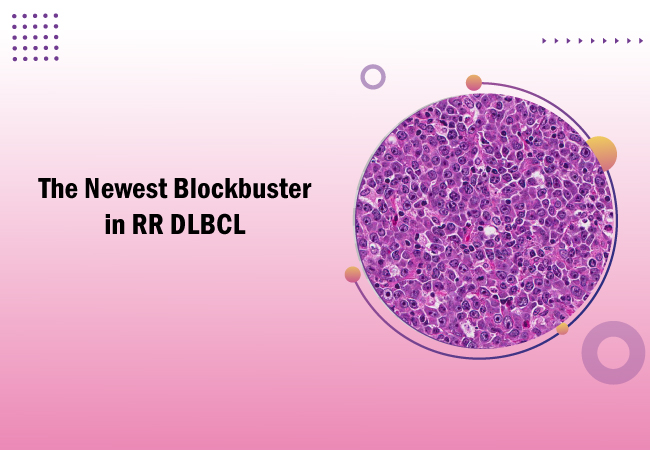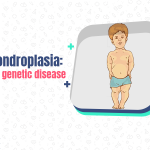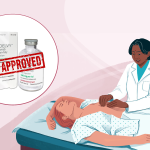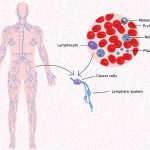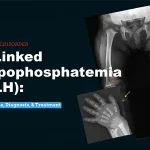What is Diffuse Large B-cell Lymphoma (DLBCL):
Diffuse Large B-cell Lymphoma (DLBCL) is the most common lymphoma, accounting for approximately 25 % to 30 % of all non-Hodgkin lymphomas (nHLs) and which presents as quickly growing mass enlarging the lymph nodes in a nodal or extra-nodal site.
Non-Hodgkin lymphomas account for approximately 80 % of all lymphomas and while there are over 30 subtypes, the most common ones are diffuse large B-cell lymphoma (DLBCL) and follicular lymphoma.
Although 5-year survival rates range from 60 % to 70 %, up to 50 % of patients become refractory to or relapse after treatment.
For patients with relapsed/refractory disease, there are several combination chemotherapy regimens available including Tafasitamab-cxix, Bendumustine, Polatuzumab vedotin-piiq as well as CAR T-cell therapies.
About Monjuvi (Tafasitamab-cxix):
The medicine Monjuvi (Tafasitamab-cxix) is authorized and approved for the treatment of Diffuse Large B-Cell Lymphoma (DLBCL) that has relapsed (come back) or is refractory (does not respond to treatment). This medicinal product is used along with lenalidomide in adult patients who can not receive an autologous stem cell transplant. Monjuvi is a type of monoclonal antibody, and designed to bind to CD-19 protein, which is found on the majority of B cells (a type of WBC) and certain lymphoma cells. This may help the defense system destroy cancerous cells.
Dosage Form & Strength:
Monjuvi is typically supplied as a powder which should be mixed with a specific quantity of sterile water to prepare a liquid solution. This medicine is given as an intravenous (IV) infusion by a health specialist. It is widely available in a single strength of 200 mg of powder in a single-dose vial. Monjuvi 200 mg injection should be used along with another cancer medicine named Revlimid.
A Systematic Review and Meta-analysis:
According to data presented at the American Society of Haematology (ASH) Conference, 2022 by Korean researchers, tafasitamab treatment demonstrated the best efficacy among failed autologous stem cell transplantation (ASCT) or ineligible relapsed/refractory diffuse large B-cell lymphoma (DLBCL) patients.
The researchers identified a total of 56 cohorts in 50 studies with 3,544 relapsed/refractory Diffuse Large B-Cell Lymphoma patients. While analysis, treatment regimens were splitted into 9 groups:
- CAR T-cell Therapy
- Chemotherapy
- Lenalidomide-based Therapy
- Ibrutinib-based Therapy
- Tafasitamab-based Therapy
- Polatuzamab plus Bendamustine and Rituximab (pola-BR)
- Loncastuximab
- Selinexor
- And others.
The pooled 1-year progression-free-survival (PFS) rate was noted as 0.40 (95% CI 0.35 – 0.46) for CAR T Cell therapy, 0.23 (95% CI 0.16 – 0.30) for chemotherapy, 0.28 (95% CI 0.19 – 0.37) for lenalidomide and 0.46 (95% CI 0.37 – 0.56) for tafasitamab.
Although CAR T cell treatment notably surpassed many of the others, in fact, the treatment options loncastuximab, polatuzamab plus Bendamustine and Rituximab, and Tafasitamab were all shown to have no notable difference in efficacy to CAR T-cell therapy after adjustment for the median number of prior lines of treatment in the meta-regression analysis.
Conclusion: Tafasitamab demonstrated a trend of good efficacy and CAR T cell therapy was no more promising than tafasitamab, loncastuximab or Polatuzamab plus Bendamustine and Rituximab (pola-BR). However, because of the high level of heterogeneity, the randomized controlled trials should be carried out to confirm their findings.
Reference:
https://www.monjuvi.com/
https://www.rxlist.com/monjuvi-drug.htm

